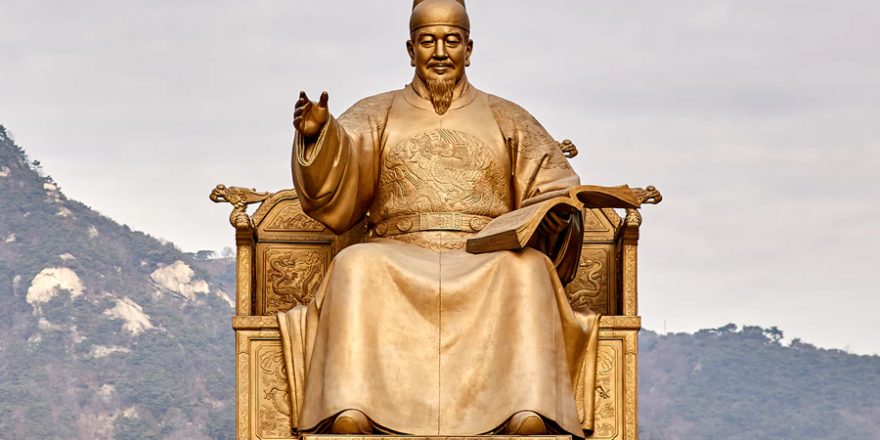Rebellion of 1857
The 1857 uprising was a protracted armed insurgency and an uprising in northern and central India against the British occupation of that part of the continent. In January, small precursurs began to appear in dissatisfaction with arson in cantonal areas. Later in May, a large-scale uprising broke out, which turned into so-called full-scale wars in the affected area. This war led to the end of the British East Indian company’s rule in India and led to direct rule by the British Government (British Raj) over large parts of the Indian Peninsula for the next 90 years.
Causes of the 1857 uprising
The issue of cassettes and military complaints has been overestimated as a factor in the 1857 uprising. However, recent studies have shown that the cartridge was not the only reason for this rebellion. In fact, for a number of reasons, but not to say so, social-religious-political- worked together economically to create a rebellion.
Social and religious reasons:
The British had abandoned their policy of not interfering in India’s socio-religious life. Abolition of Sat (1829), the Hindu Renegotiation Act (1856). Christian missionaries were allowed to come to India and continue the proselytizing mission. In 1850, the Law on Religious Disabilities amended the traditional Hindu law. According to it, a change in religion would not cause a boy to inherit the property of his pagan father.
Economic reasons: The BRITISH Government led to the collapse of the village’s self-sufficiency, the commercialisation of agriculture, the introduction of free trade imperialism since 1800, the decline in industrialisation and the draining of wealth, all of which led to a general economic slowdown.
Military complaints: The expansion of the UK dosage in India had had a negative impact on Sepoy’s state of service. They had to serve in an area far from their home without the extra Bhattaa. A major cause of military dissatisfaction was the General Service Recruitment Act of 1856, which requires sepoys to cross the seas if necessary. The Post Office Act of 1854 annulled a free post office for them.
Political reasons: The last major expansion on British territory took place under Dalhousie. Dalhousie announced in 1849 that Bahadur Shah II’s successor had to leave the Red Division. However, the annexation of Baghat and Udaipur was cancelled and returned to their houses of power. When Dalhousie wanted to apply child doctrine to Karaul (Rajputana), the court overturned him.

